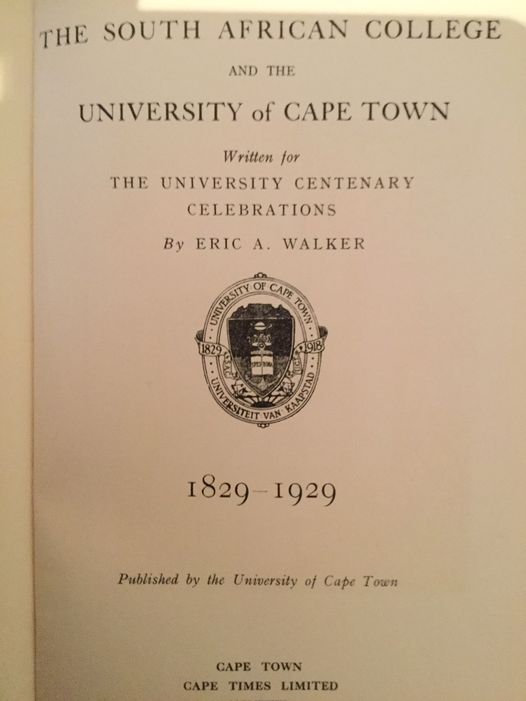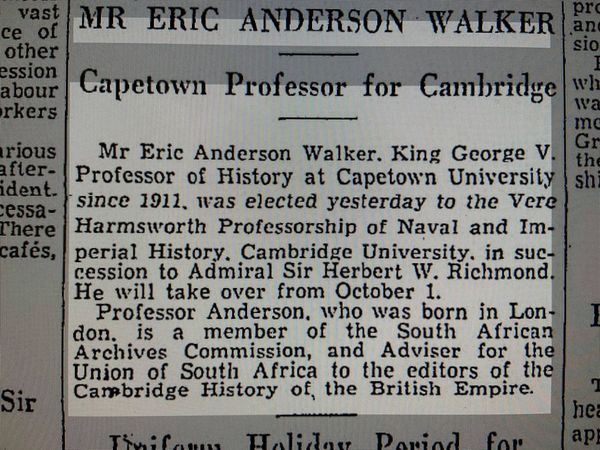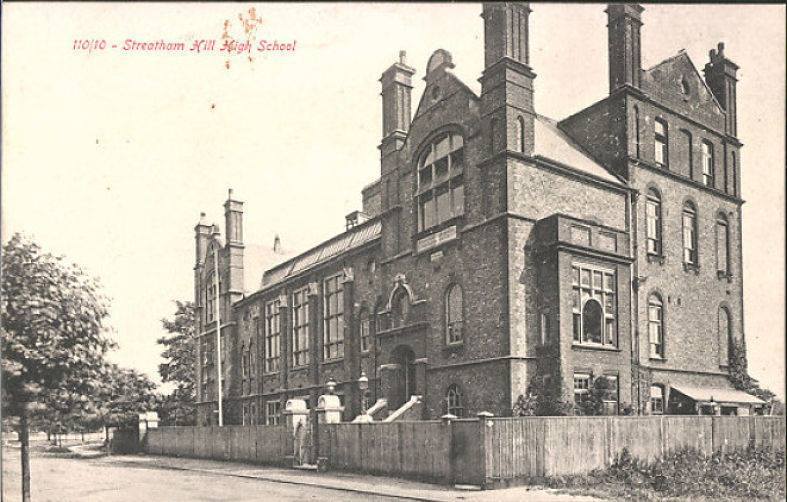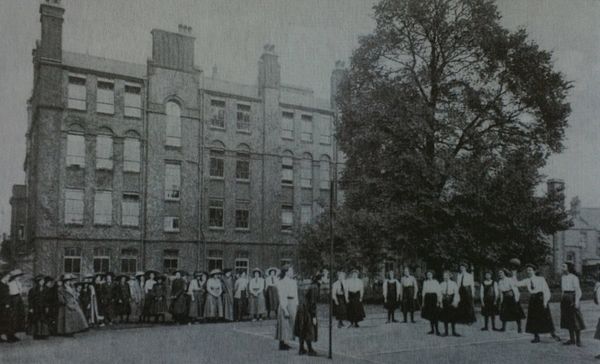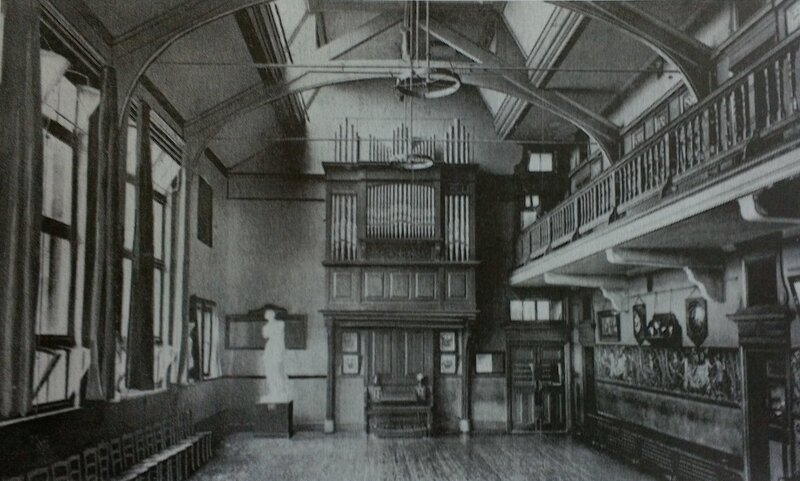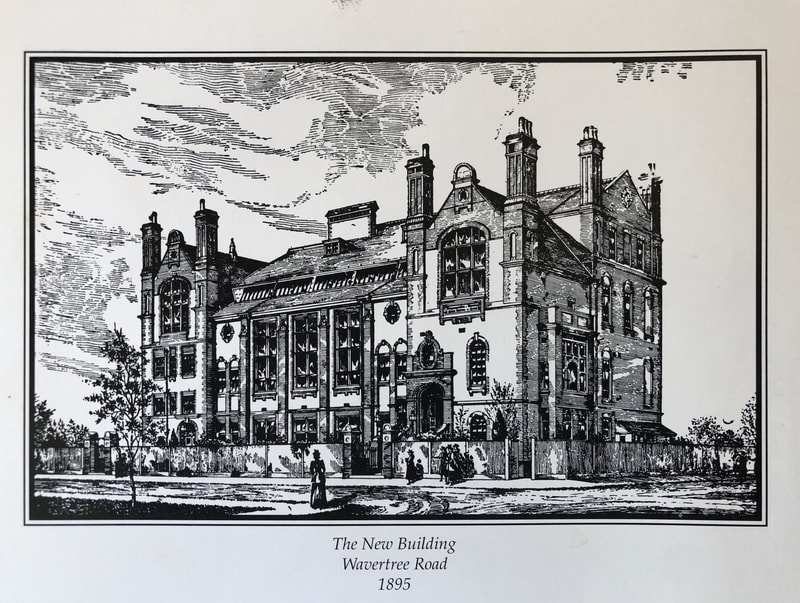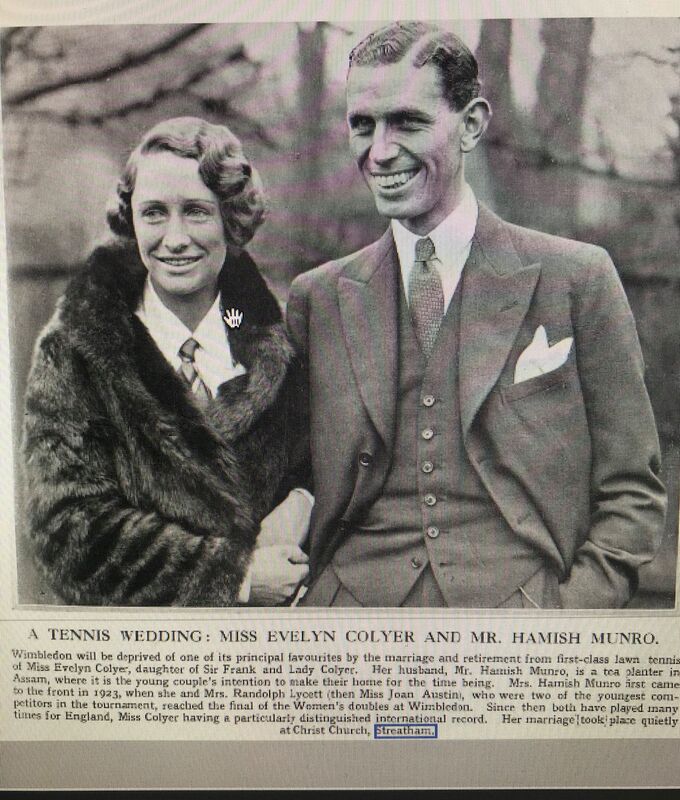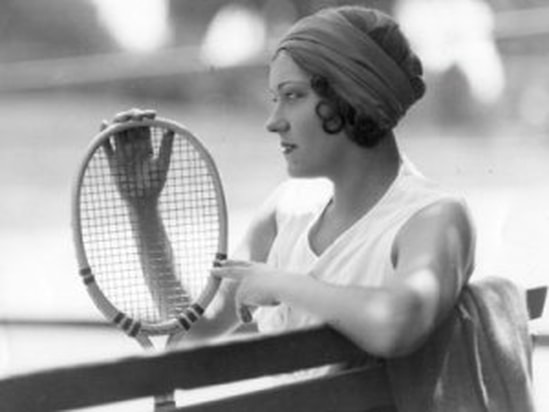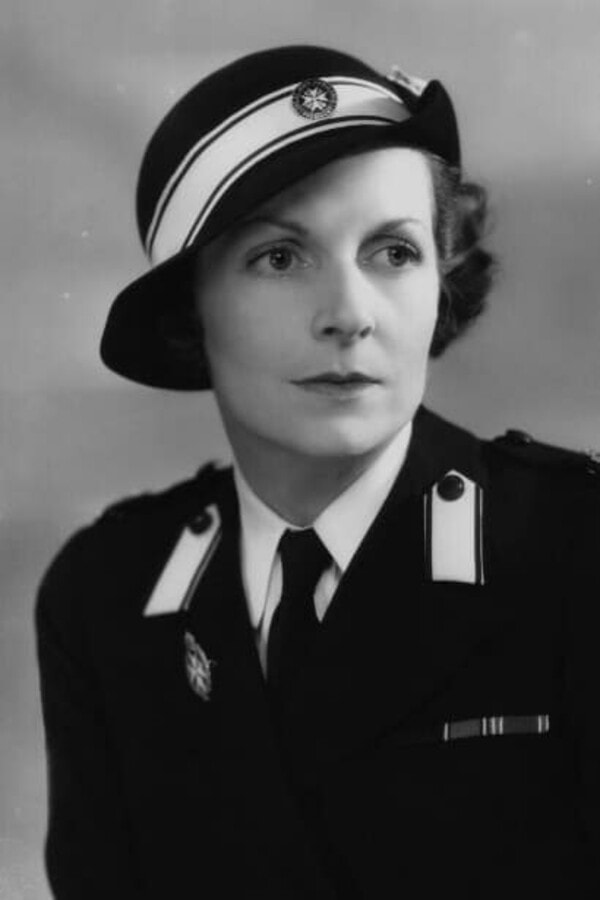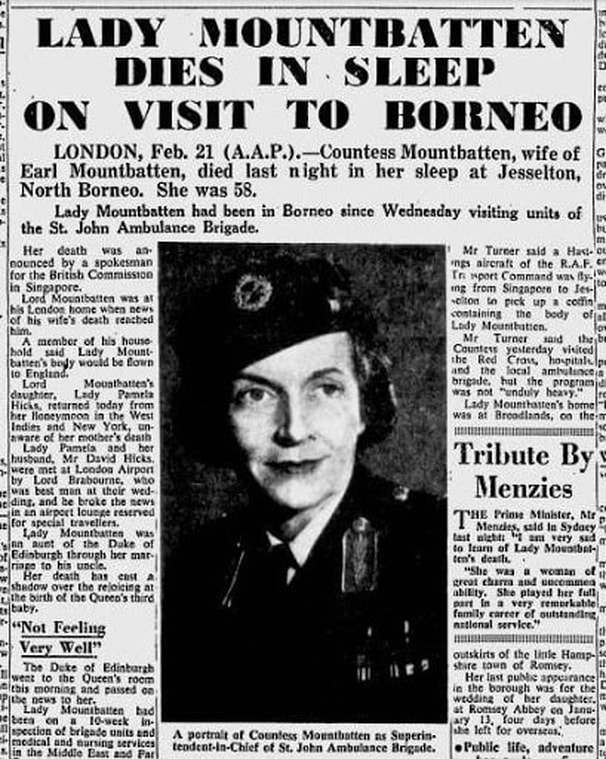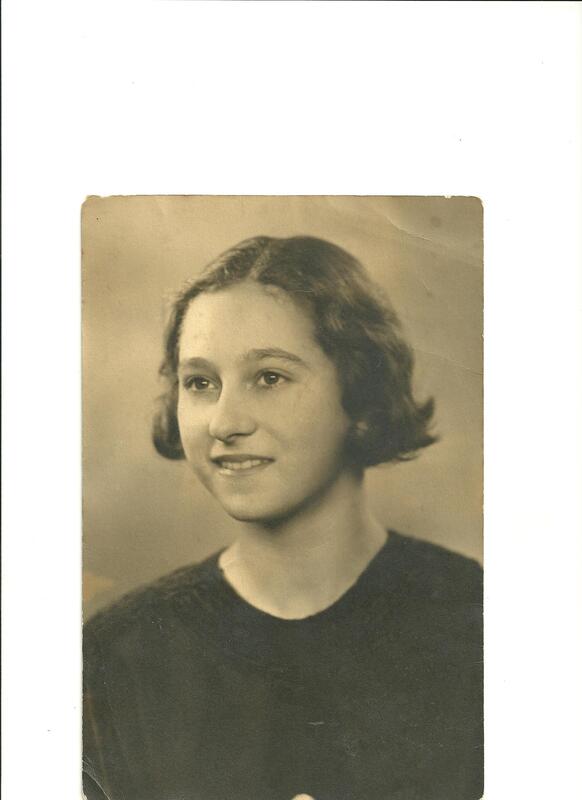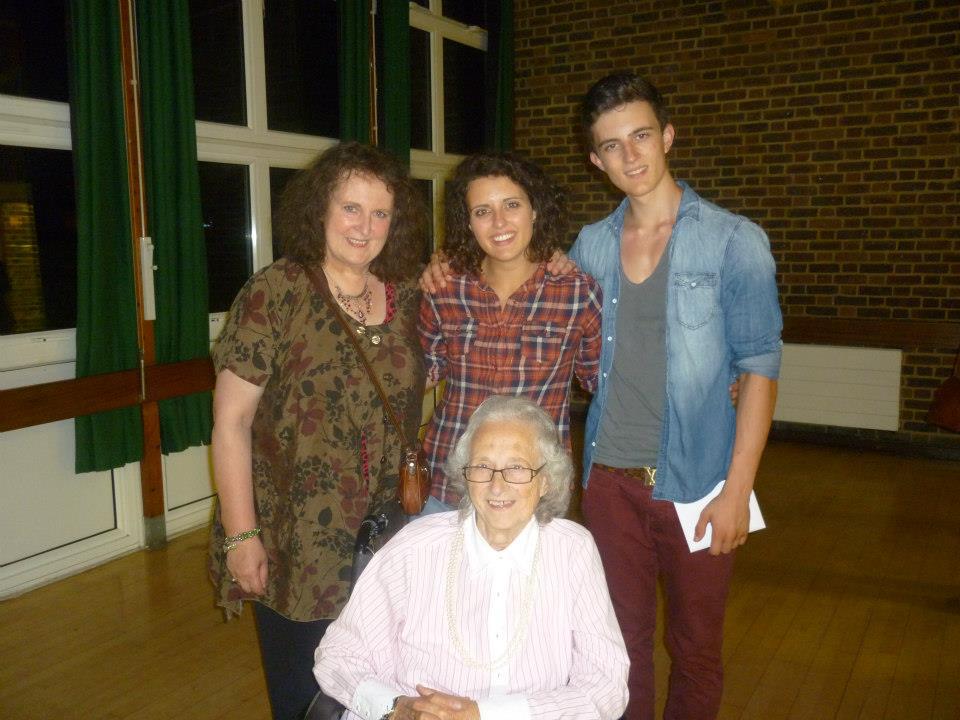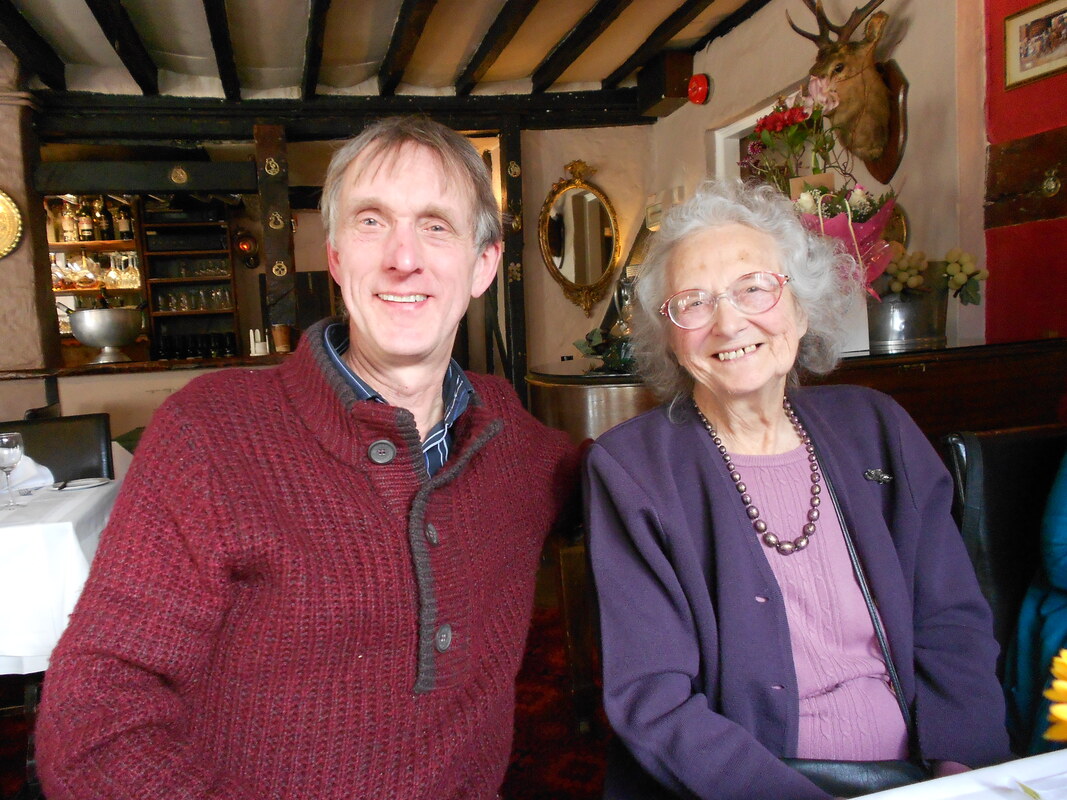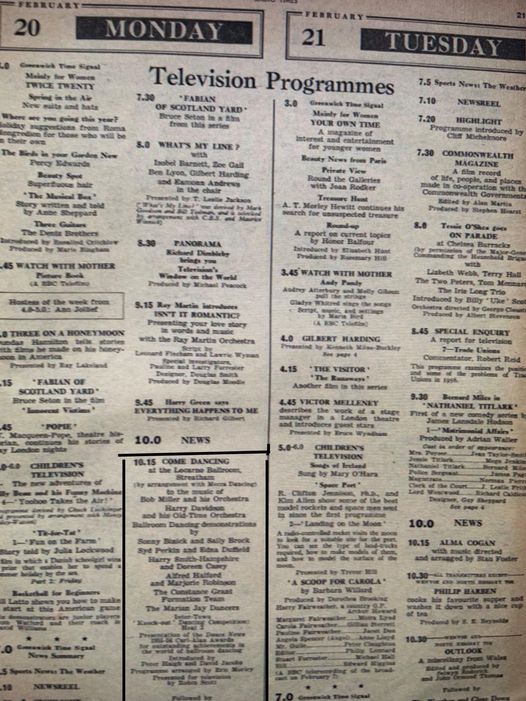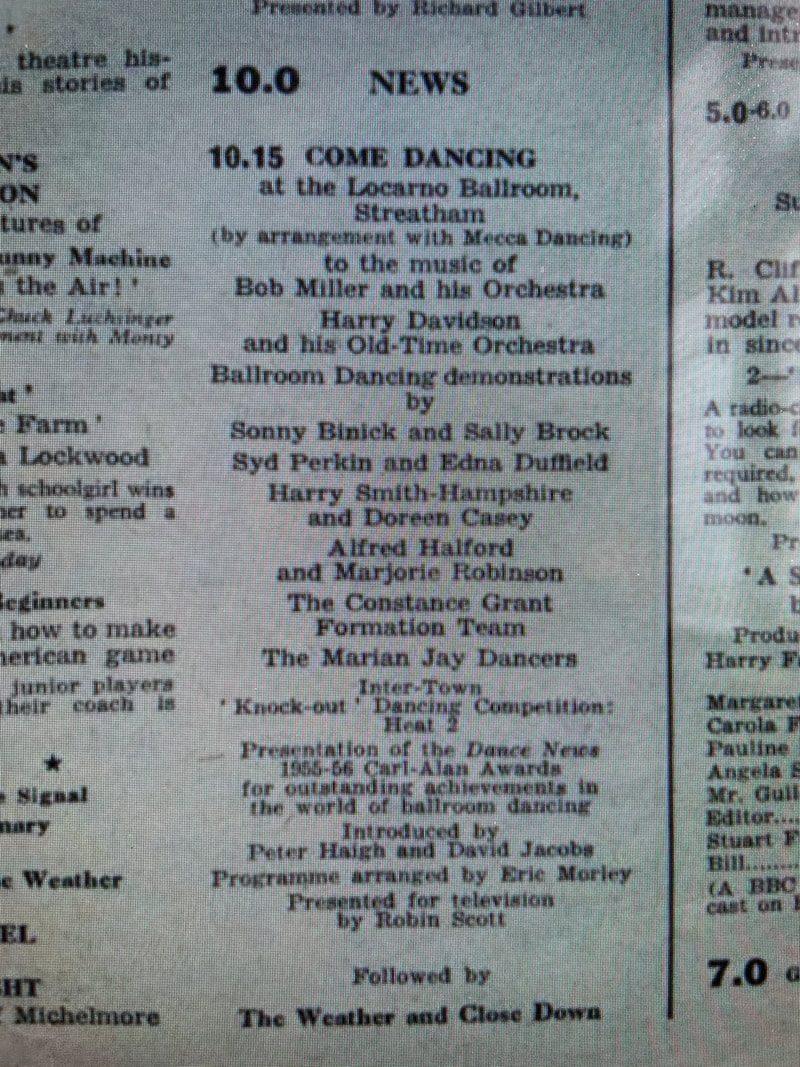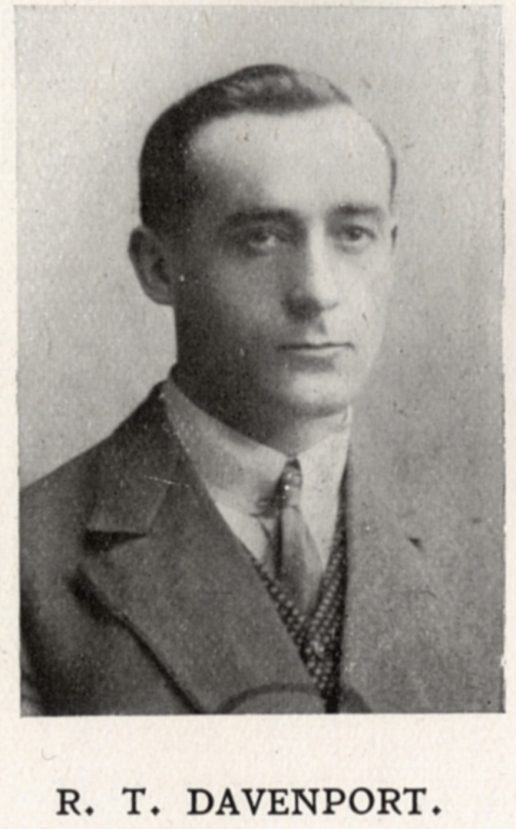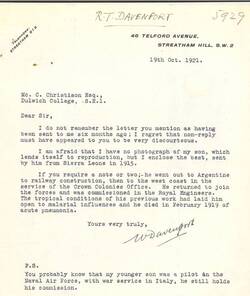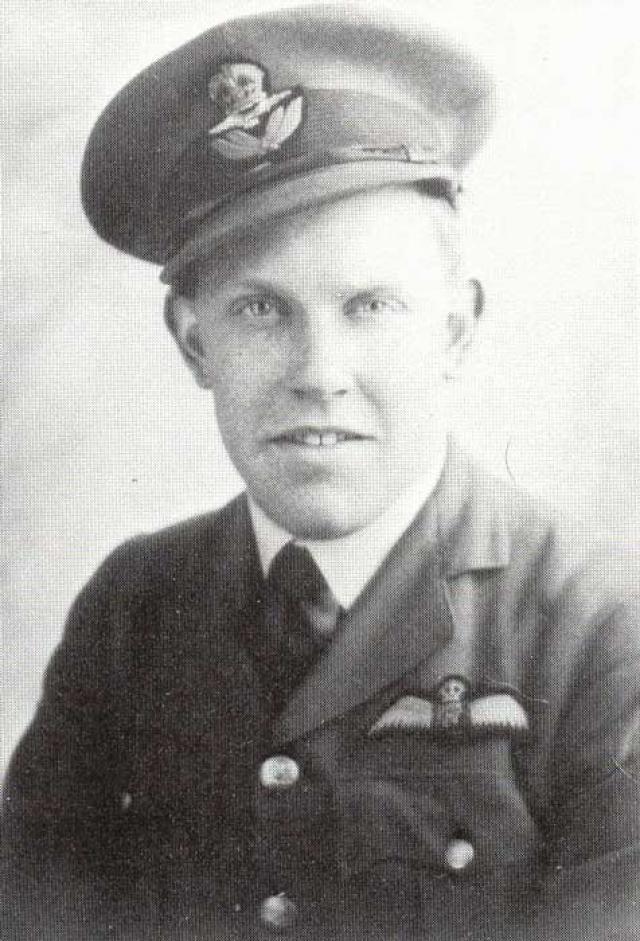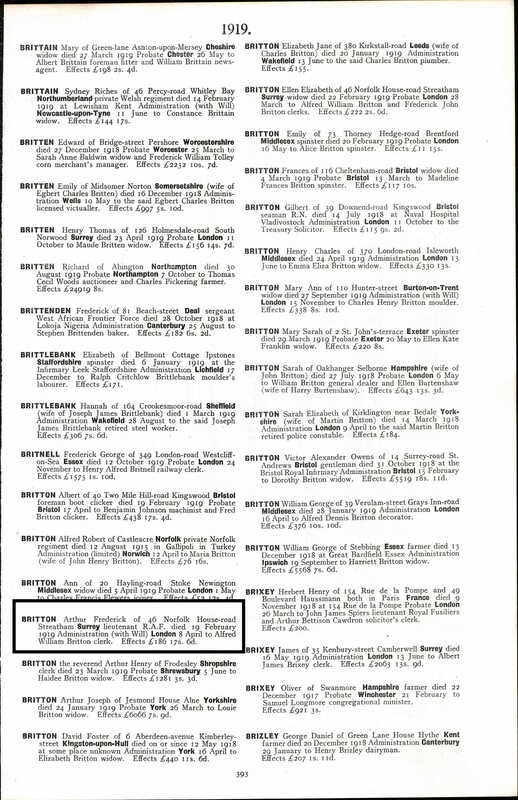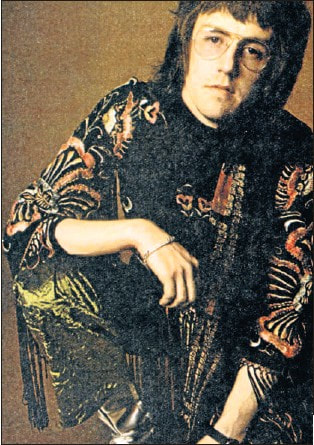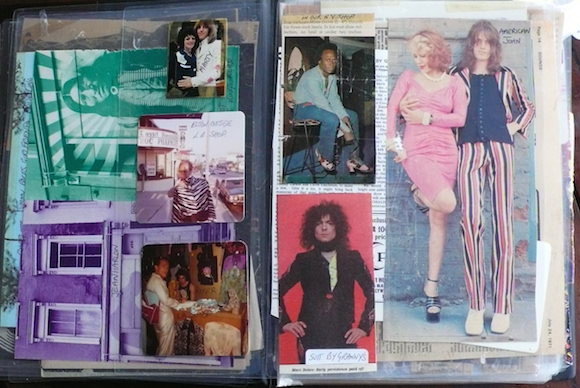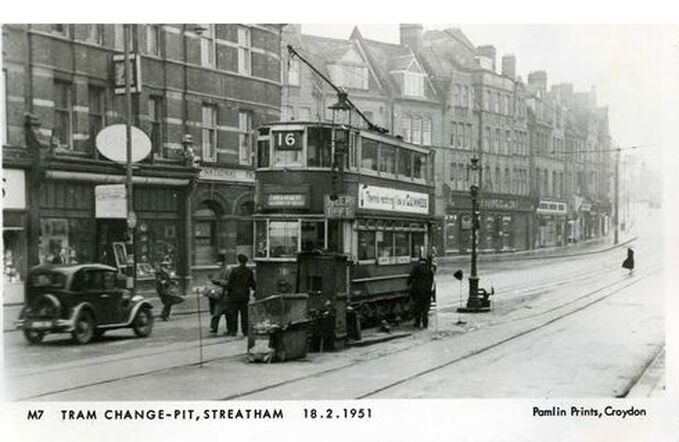He was born at "Craigmore", Polworth Road, Streatham, on 6 September 1886, the eldest son of William Walker (1851–1927) of Leith, Scotland, mercantile clerk, and his wife, Jessie, née Goodman. From Mill Hill School he won a scholarship to Merton College, Oxford, where he missed a blue as an oarsman but was awarded a first in modern history in 1908.
His first post was lecturer in history at the University College of Bristol, and while there he co-wrote a textbook for secondary schools on English history which went through many editions.
In 1918 the South African College where he had an appointment became the University of Cape Town, and Walker made his department one of the leading departments in the university.
In Cambridge, where he became a fellow of St John's College, he continued his interest in South African history, but he now also wrote on the empire more broadly; his The British Empire: its Structure and Spirit (1943) was well regarded; his Colonies (1944) was wide-ranging and considered the motives for colonization, the policies of the colonial powers, including the Soviet Union, and the future of the colonial empires.
He was an outstanding teacher who made a great impression on his students, and the first-year survey course he introduced in 1923 survived for sixty years. In the early 1930s he served on the university's council and was dean of the arts faculty. Smuts was to suggest that had Walker been available, he would have been appointed principal in 1937.
(Christopher Saunders)
Announcement of Professor Walker's appointment at Cambridge University (Scotsman 2 May 1936 Image © Johnston Press plc
